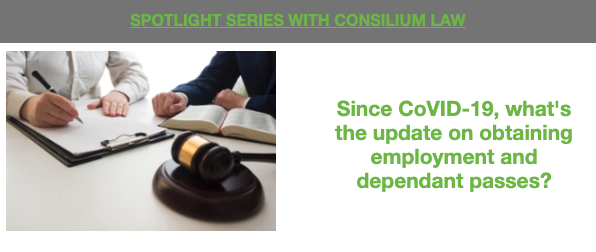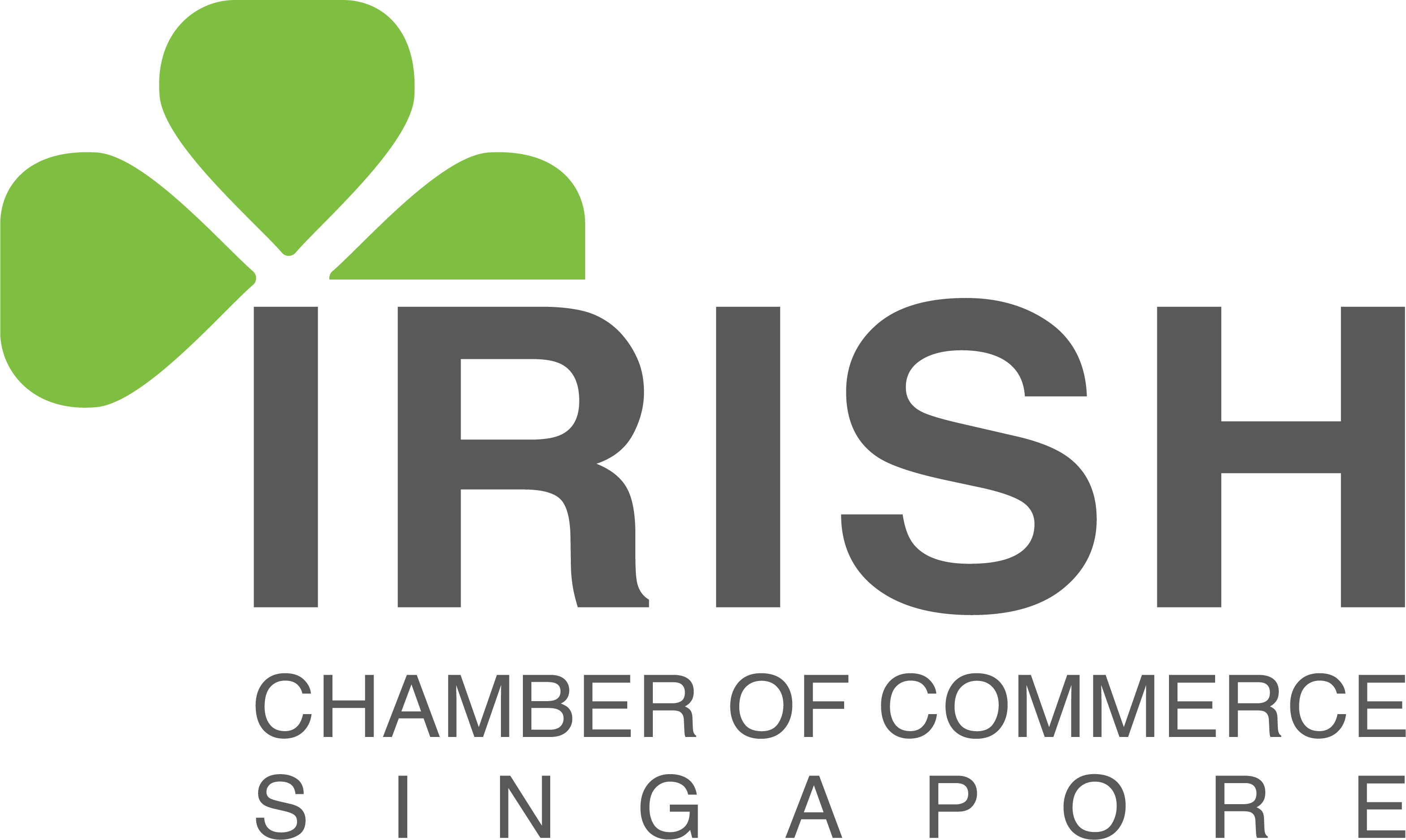Since CoVID-19, what's the update on obtaining employment and dependant passes?

EMPLOYMENT AND DEPENDANT’S PASSES
The Employment Pass (“EP”) is the most common type of work pass available to foreigners who are professionals, managers and executives. An employer must apply for the EP on behalf of the prospective employee. If you are setting up your own business in Singapore, you can apply for an EP through your new company. The minimum salary to be eligible for an EP is S$3,900, but the older and more experienced the applicant, the higher their salary should be. Approvals for EPs are stringent and the Ministry of Manpower (“MOM”) will consider not only the educational and employment credentials of the employee but also the business activities and financial health of the employer. Employers are required to advertise job vacancies, unless exempted from this requirement, and preferably hire Singaporeans. The employer would otherwise need to justify why the role must be fulfilled by a foreigner.
Your company can also apply for a Dependant’s Pass (“DP”) for your legally married spouse and children under 21 years if you earn a monthly salary of at least S$6,000. All foreign-born children under 12 years who are first-time applicants must submit documentary proof of their vaccinations. If your spouse wishes to work in Singapore, they can apply for a Letter of Consent tagged to the DP, or obtain their own EP. However, in the event that the EP holder loses their job, the DPs will also be cancelled. Should spouses divorce, the spouse’s DP will be cancelled once the divorce is finalised.
MEASURE IN LIGHT OF COVID-19
In light of the COVID-19 pandemic, the Singapore Government has introduced measures to restrict the entry of foreigners into Singapore in order to reduce the number of imported cases. Employers are advised to defer all new applications and appeals until after the circuit breaker period (7 April to 1 June 2020). It is unlikely that MOM will approve any new pass applications during this period unless the applicant is already in Singapore. MOM has automatically extended the validities of all in-principle approvals (“IPAs”) expiring during the circuit breaker period by two months. Applicants who have already obtained approval of their EPs but are unable to proceed with card registration (given the closure of MOM’s services centre) can remain in Singapore and commence work with the Notification Letter provided by MOM if they can telecommute or if they work in essential services. Employers do not need to extend the validity period of the Notification Letter as the pass has been issued. Passes expiring between 6 April to 5 June 2020 will be extended until 1 July 2020.
After the circuit breaker period, companies may resume applications for new work passes. However, there is an existing ban on the entry of Short-Term Visitors into Singapore. For applicants who are currently overseas, employers must obtain entry approval from MOM for employees to enter Singapore and until the situation stabilises, only limited approvals will be granted. Even if entry approval is granted, the employee must serve a 14-day Stay Home Notice period at a designated facility upon arrival.

Money laundering is an increasingly prevalent international issue. There have also been numerous terrorist attacks worldwide. Singapore is a major financial centre and needs to protect the integrity of its financial system from illegal activities and illicit flows of funds from money laundering and the financing of terrorism. Singapore established the Suspicious Transaction Reporting Office (“STRO”) in January 2000 for people to make Suspicious Transaction Reports to combat money laundering and terrorism financing. Since then, the number of Suspicious Transaction Reports filed has risen steadily over the years, which helped in detection of significant cases.
“KYC” stands for “Know Your Customer”. Having and applying good KYC practices ensures that money laundering and terrorism financing are reported to the authorities, including foreign authorities (where applicable), and helps individuals and companies identify suspicious transactions with or by suspicious parties and avoid falling foul of laws e.g. under the Corruption, Drug Trafficking and Other Serious Crimes (Confiscation of Benefits) Act and Terrorism (Suppression of Financing) Act. One may be fined and/or imprisoned if convicted under certain sections.
Good KYC practices would include sighting the individual’s original identity document, verifying an individual’s address by sighting the original telephone bill for his/her residence, and paying attention to whether the individual is a politically exposed person (“PEP”) (i.e. a person with prominent public function) or a family member or close associate of a PEP.
The importance of KYC when acquiring a company
When acquiring a company, it is important to know who you are acquiring the target company from i.e. who the beneficial owners of the company are; who ultimately owns or controls the company. It is also important that the target company has in place good KYC practices, such as in relation to the clients, customers, suppliers, business partners and other parties that have dealings with the company. Also, one has to know on whose behalf a transaction is conducted or business relations established in respect of every transaction. This ensures that there are no suspicious transactions with any external parties.
If KYC is not carried out properly before the commencement of the relationship or if KYC issues are not identified or mitigated, these remain concealed until the time for acquisition of the target company and may become issues for the acquirer after the purchase. Problems may arise if these parties can no longer be located in order to be identified.
Consilium Law Corporation is a Singapore law firm that specialises in Corporate and Commercial matters, Family Law, Civil and Commercial Disputes, Employment Disputes, Wills and Guardianship, Fintech and Mediation. Please contact us at info@consiliumlaw.com.sg or by telephone at +65 6235 2700.
